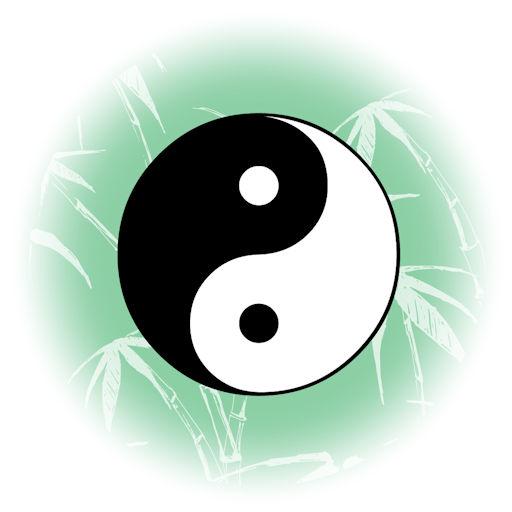
Can We Say That Tai Chi Chuan Is a Spiritual Practice?
Can we say that Tai Chi Chuan is a spiritual practice? Yes, and mostly no.
Not too long ago, a fellow Tai Chi Chuan teacher stated to me and others, in a class I was running: “Tai Chi Chuan is a spiritual practice.” I did not reply to that, since the speaker clearly had his understanding. Instead, I engaged with other points of discussion that he brought up.
The problem is that if you call Tai Chi Chuan a spiritual practice, that can imply that other activities are not spiritual. And yet, everything we do in life is “spiritual” and wonderful, when we see it clearly. So, we can say that Tai Chi Chuan practice is spiritual, but that can lead to problems.
What if we said “Tai Chi Chuan is a meaningful practice”? I am more at peace with that statement. Tai Chi Chuan practice is certainly meaningful, and perhaps using a neutral word like that allows the person hearing it to ask themselves, “Oh, what is meaningful about it?” which allows further exploration.
When we use words that have a high-sounding set of associations, like “spiritual,” we can get into a problem of creating mystery, or idealizing what we are doing. For example, are those who are not practicing Tai Chi Chuan, or meditation, less spiritual? In the absolute sense, my studies and my life experience says “No!” to that.
Yes, Tai Chi Chuan can help us awaken to our fundamental nature, letting go of the excess physical and mental tensions that make life more difficult. That can be called “well-being”, or “mental health”, or even… “spiritual.”
It is important to understand that words are always most effective when used with awareness of context. It may, in some environments, be useful to state “Tai Chi is a spiritual practice.” That might help those who are only seeing it as a physical practice, and may open another door of consideration for them.
For an example of this principle, taken from a very evolved wisdom tradition, there is a famous story involving Bodhidharma, the Indian teacher who brought Zen Buddhism in China. Here is the story, which is believed to have really happened:
Emperor Wu asked the great teacher Bodhidharma, “What is the first principle of the holy teaching?”
Bodhidharma said, “Vast emptiness, nothing holy.”
“[Then] who are you, standing here in front of me?” asked the Emperor.
“I don’t know,” said Bodhidharma.
The Emperor didn’t understand.
Bodhidharma was trying to help release the emperor from divisions in the emperor’s thinking, such as “holy / not holy,” and “wise person / ordinary person.”
Any divisions in our thinking, called “discrimination” in most translations of Eastern thought, separate us from the wonderfulness of being fully in this moment. As poet William Blake wrote, “If the Sun and Moon should ever doubt, they’d immediately go out.”
The teachings of wisdom since the beginning of time have praised the importance of non-dualistic awareness, where so-called opposites are seen without seeing conflict between them, allowing a more complete experience of our world.
Coming back to Tai Chi Chuan, I sometimes call it a meaningful practice, or a practice that helps us be more fully ourselves, and of course a practice that has benefits for physical and mental health. High-sounding labels, while occasionally they can be useful, do tend to create a subtle division that it is better to avoid.
On somewhat of a tangent: I use English in my classes, saying “energy” rather than “chi”, since my own thinking, being American-born, understands the concepts and associations of “energy” far better than those for the word “chi”, not that there is inherently anything wrong with using “chi” for those who are very comfortable with that word.
When there is a concept or experience that does not easily translate from the Chinese words, I look for a way to express it in language and movement that are part of everyday life, and that all the students can connect with.
The point is to be very grounded in our various actions and words, including when practicing or teaching Tai Chi Chuan.
Out of respect and gratitude for the caring, wise teachers I have had in the past, I will continue walking in a path that finds inspiration in the experiences of everyday life. “Happiness”, “Energy”, “Well-being”: these are a few of the many words to describe that way of living, and I would like to stay with that.
How about you?
